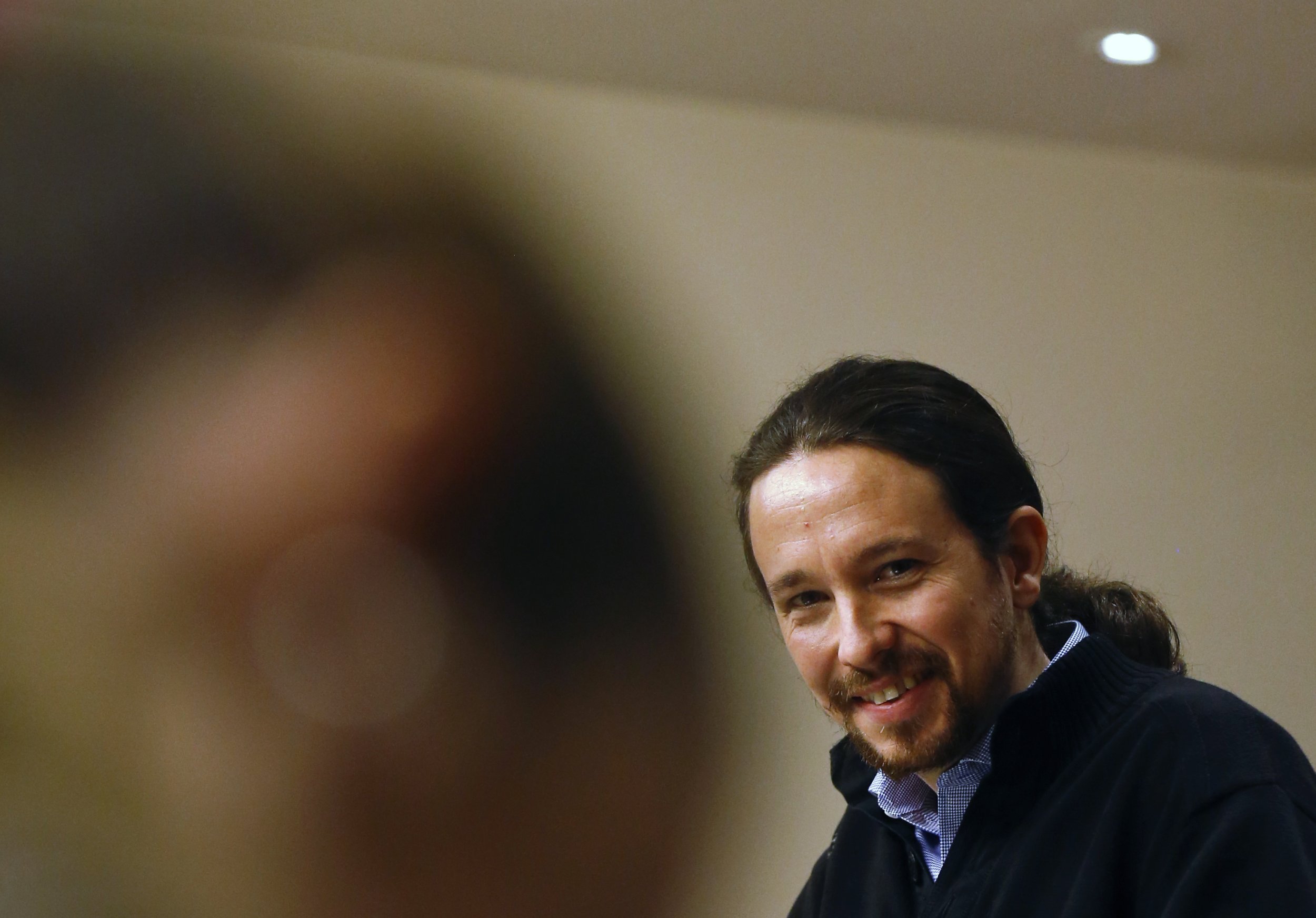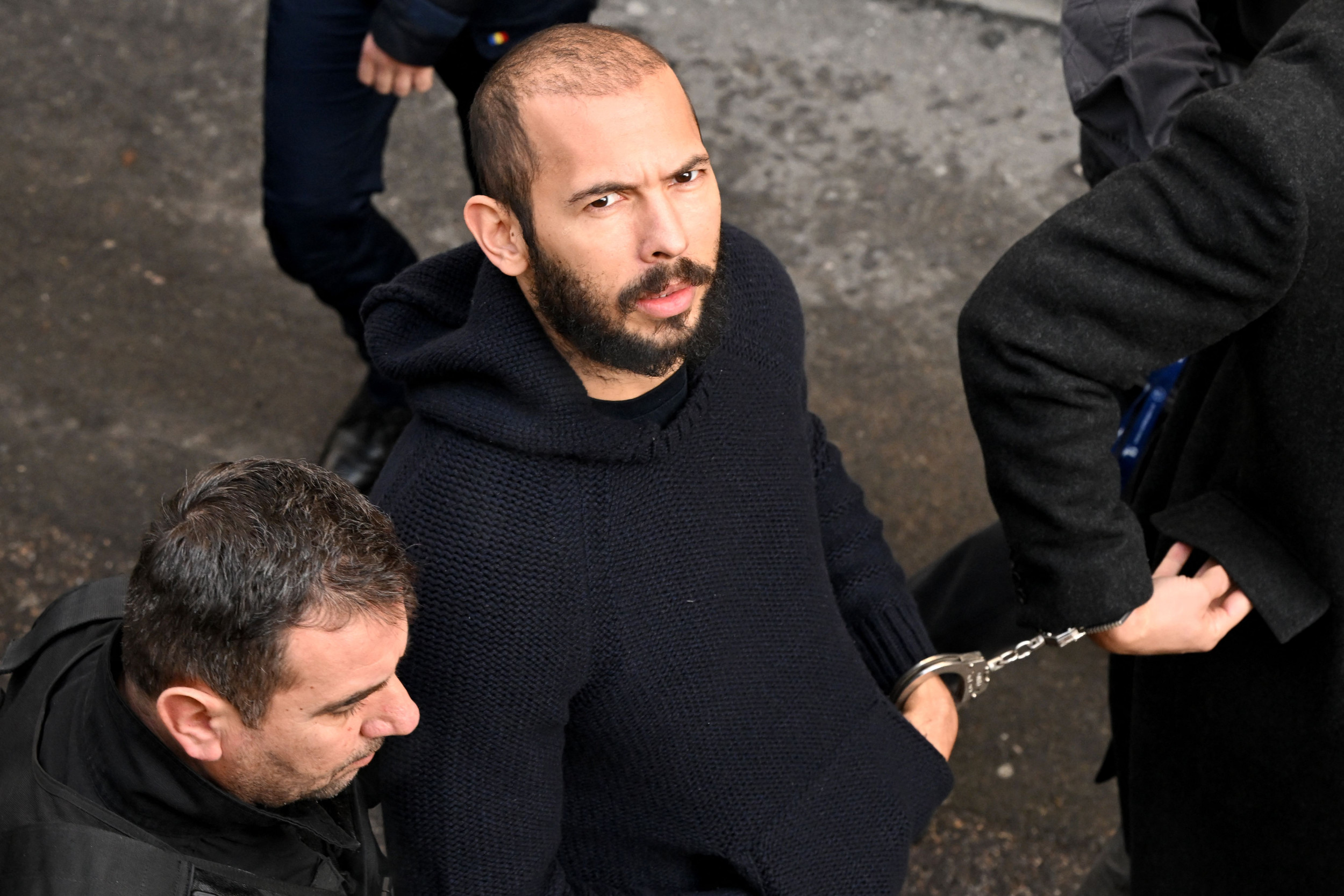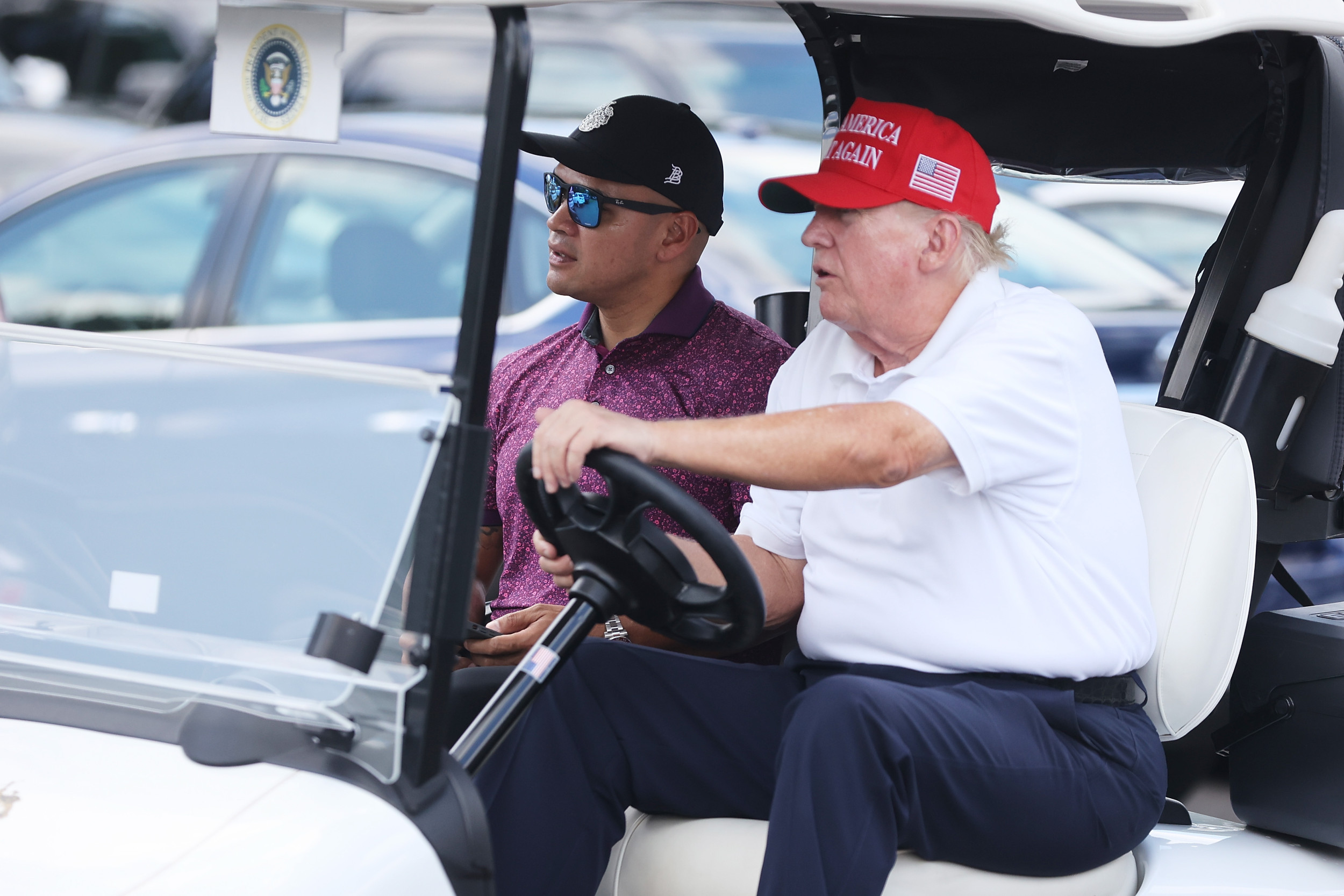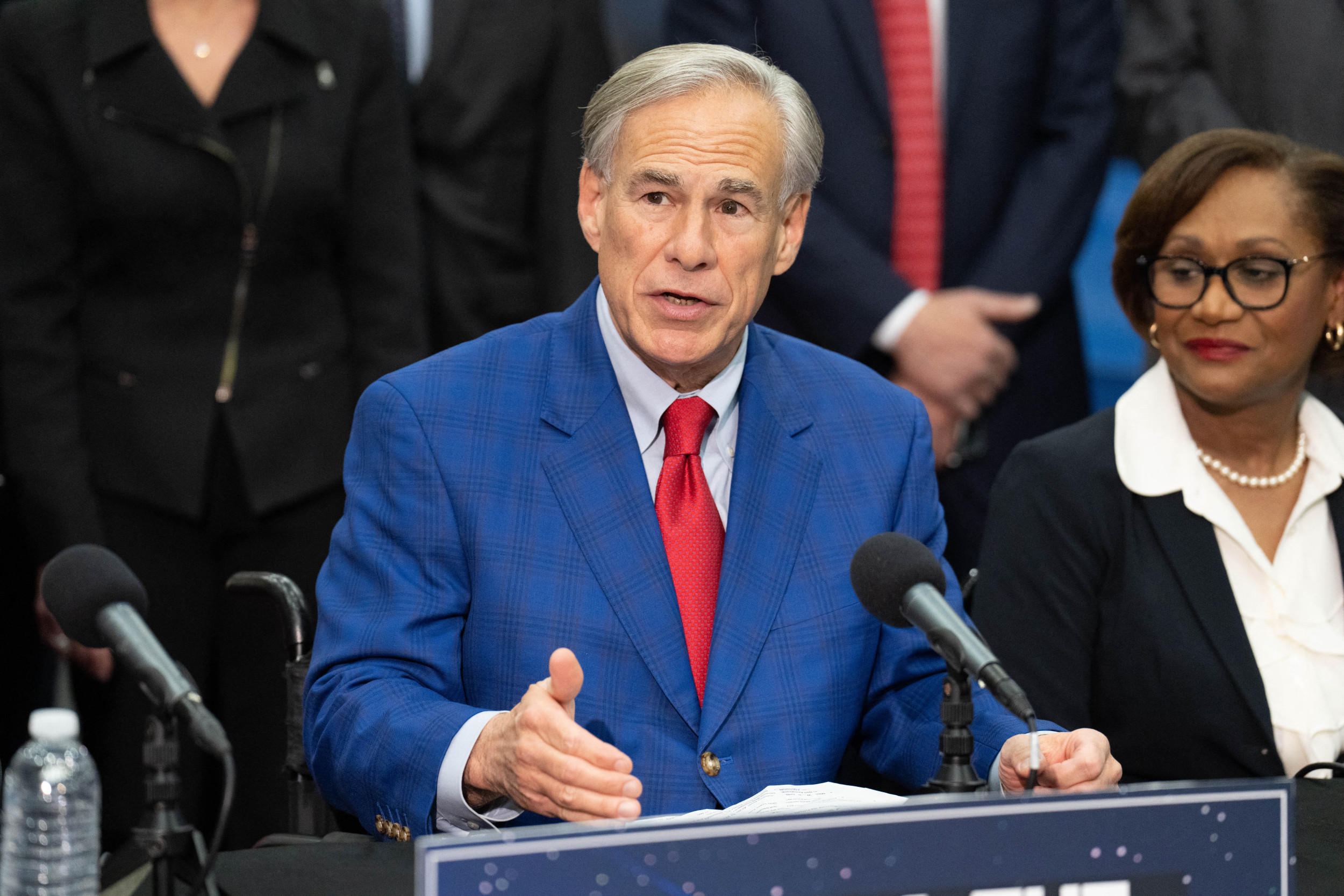
As British Prime Minister David Cameron and other EU leaders hammer out a deal at the European Council summit in Brussels, the news in Spain has centered around an incautious comment by acting Prime Minister Mariano Rajoy. Standing rather too near a microphone, Rajoy told British leader David Cameron he thought Spain would face an election on June 26.
Why is it controversial that a Prime Minister might know when an election is likely to happen? Because Spain's political scene is in rather an unusual situation. Following a stalemate result in December's general election, Rajoy and his center-right People's Party (PP) came in first but failed to secure a majority. They also failed to get a coalition deal, which means the baton has passed to Pedro Sanchez, leader of the center-left Socialists (PSOE). If he can't make a deal, more elections will ensue; clearly what Rajoy reckons is the likely outcome.
So how could the deadlock break? Who is likely to emerge victorious? Here are four things you need to know.
Four main parties are in play. The PSOE and PP have historically passed power in Spain back and forth between them, much like Labour and the Conservatives in Britain. But following unprecedented electoral success for two new parties, Podemos on the left and Ciudadanos in the center, all of them are important.
Now, listen carefully: the PP has said it could work with PSOE and Ciudadanos but not Podemos. PSOE has said it could work with Ciudadanos and Podemos but not the PP. Ciudadanos has said it will not work with Podemos or the PP, and it will not join PSOE in a government, but could abstain from voting against it if the two parties come to a deal. Podemos will work with PSOE but not Ciudadanos or the PP. Unless somebody changes their mind, that leaves two remaining options: a coalition between PSOE, Podemos and the two smaller parties Left Unity and Compromis, or a trip back to the ballot box for a weary Spanish electorate.
The far left could be in power. Podemos is the anti-austerity outfit which since its formation by a group of radical academics in 2014 has grown with remarkable speed into the country's third political party. It would most likely want its leader Pablo Iglesias made deputy prime minister if it did a deal with the PSOE. The latter's leader Pedro Sanchez is likely to meet with Podemos, Left Unity and Compromis in the coming weeks. The major stumbling block to a deal is Podemos's commitment to a referendum on Catalan independence, something PSOE strongly opposes.
But Podemos has always been more pragmatic than some of its ideological allies across the continent; their leader Iglesias is fond of saying "If you want to get it right, don't do what the left would do." It is likely to be willing to do all it can to secure a deal. "They have worked so hard to get this electoral outcome that I'm not sure a new election would be in their best interest," says Dr Emmy Eklundh of Kings College London.
Rajoy is in trouble. Aside from his relatively weak political position, the PP is embroiled in another wave of corruption scandals, of the type that have dogged both of Spain's main parties for years. In Valencia, a judge has named nine out of 10 PP councillors in the city as formal suspects in one corruption case, The Financial Times reports. In Madrid, where the local party headquarters was raided by police last week over suspicions that the branch received illegal payments from businesses. Corruption in many ways defined the election; both Ciudadanos and Podemos traded on their novelty and their freedom from such baggage. Podemos has found support from many voters beyond the traditional left with its furious attacks on "La Casta" (the caste, or elite). If the PP can't shake these accusations, it will suffer among voters.
Spain is getting tired. Months of deadlock have not gone down well with an electorate already fed up with its politicians. A poll in January found that 61 percent want a deal while only 33 percent want another election. The problem is they might not like what they get. The only combination preferred by more than half of Spaniards was a PSOE-Ciudadnos deal, one of the arrangements which has been ruled out.
Uncommon Knowledge
Newsweek is committed to challenging conventional wisdom and finding connections in the search for common ground.
Newsweek is committed to challenging conventional wisdom and finding connections in the search for common ground.
About the writer
Josh is a staff writer covering Europe, including politics, policy, immigration and more.
To read how Newsweek uses AI as a newsroom tool, Click here.








